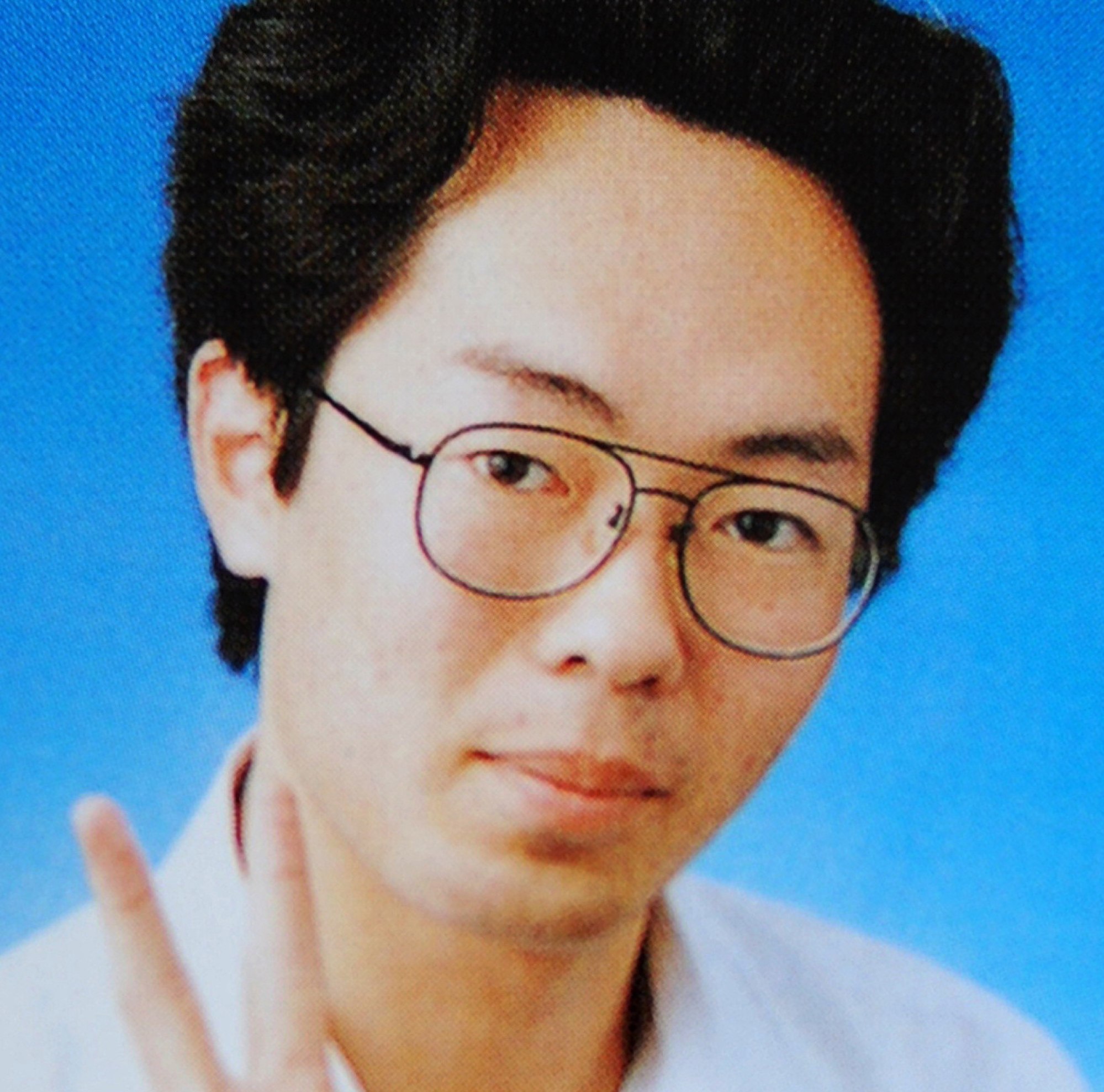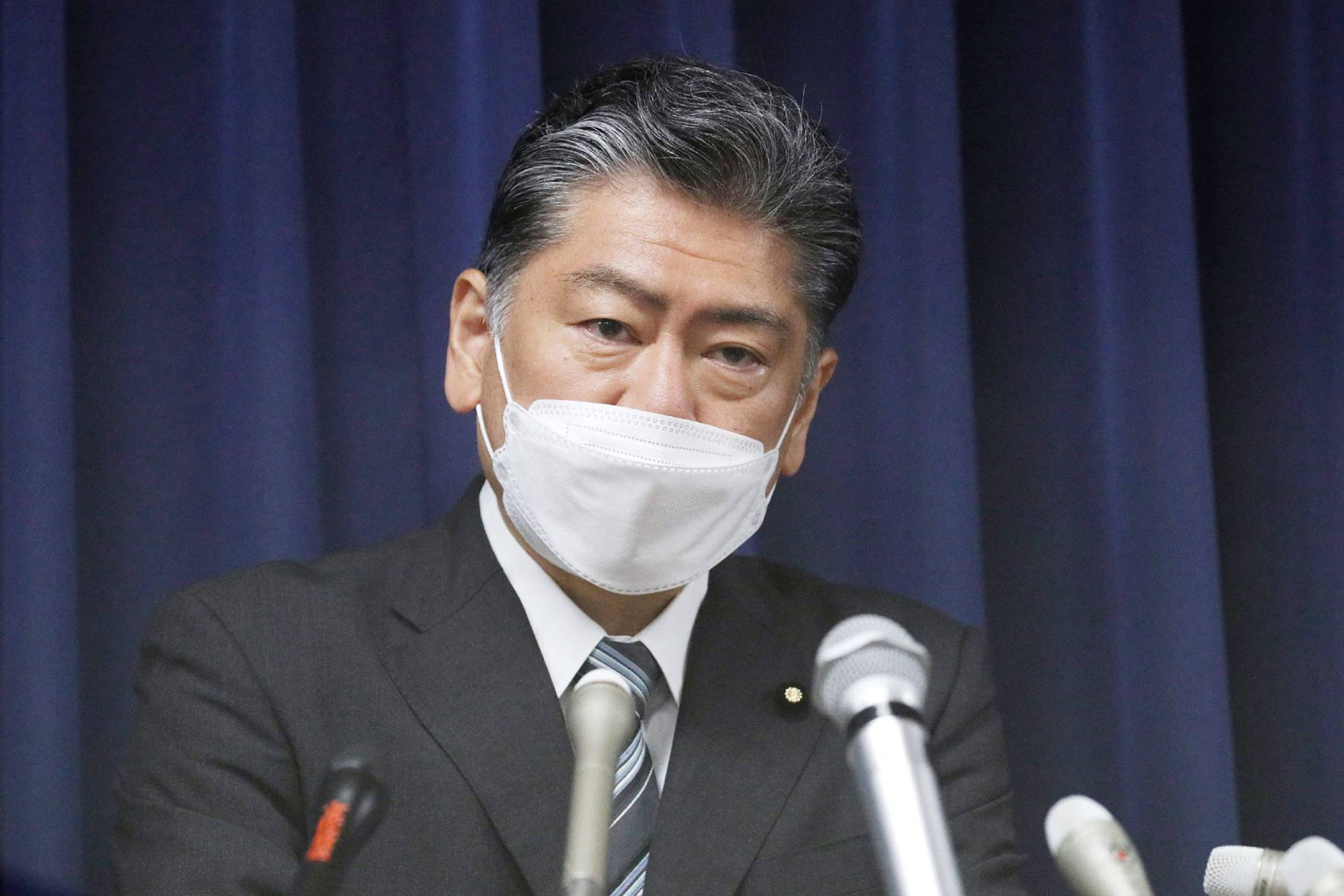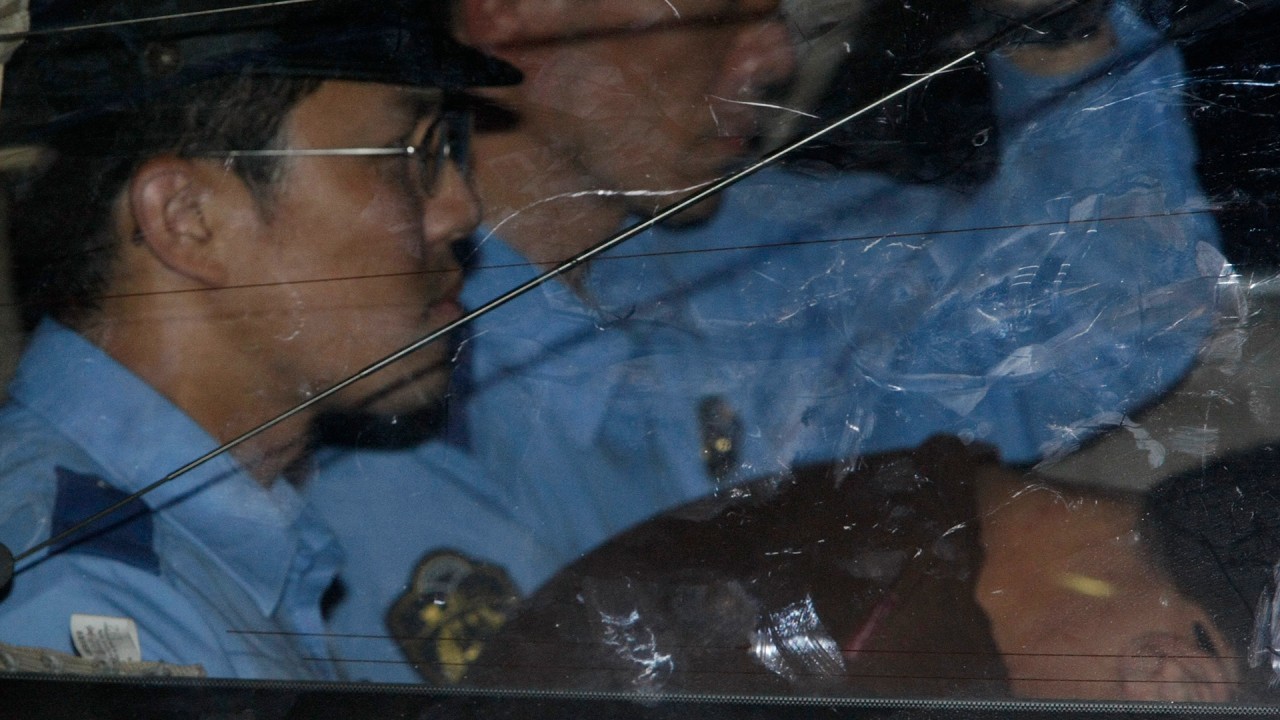
Japan’s netizens express glee, relief over execution of Akihabara mass murderer
- Even as Japan’s netizens lament the 14 years it took for justice to be done, most approve of the execution of a man who killed seven people in 2008
- Amnesty International called the hanging ‘a callous attack on the right to life’ and urged Japan to introduce an immediate moratorium on executions
Tomohito Kato was hanged at a Tokyo detention centre on Tuesday morning, more than 14 years after he drove a rented five-tonne truck into a crowd of pedestrians in the Akihabara district of Tokyo.
Three people died immediately and two were injured, with Kato stepping out of the vehicle to stab four more people to death and injure another eight.
Eye-witnesses say the death toll would have been higher if Kato had not been quickly confronted and overpowered by police.
Despite repeated criticism from rights groups, capital punishment remains broadly accepted in Japan, where there are around 120 people on death row at present. In the case of Kato, the consensus public view seemed to be that judicial authorities should not delay the meting out of death sentences.
“I cannot understand why it took so long for this to finally come to an end,” said Japanese citizen Kanako Hosomura, who was working within the vicinity of the incident when it took place.
“There was no debate over whether he did it and he took the lives of seven people, so why the delay?” she asked. “This just means that taxpayers’ money has been spent on feeding and clothing him for the last 14 years.”

In response to a report on Kato’s hanging in the Mainichi newspaper, an online contributor posted: “I think it took too long for him to be executed. The next time, the sentence should be carried out quickly and quietly. The public wants relief for the victims’ families.”
Another message pointed out that Kato’s brother reportedly took his own life out of shame for his actions.
Anger at the length of time it took for the sentence to be carried out was echoed on the Japan Today website, where one message stated: “Fourteen years to finalise a verdict. [Japanese] justice is painfully slow and pointless.”
Japan netizens support death penalty for man who butchered suicidal victims
In the run-up to the killings, online messages revealed that Kato was motivated to attack strangers because he did not have a girlfriend, had no friends, was addicted to his mobile phone and felt “lower than trash because at least the trash gets recycled”.
But there were sporadic online expressions of protest against the death penalty, with one person declaring, “I remain oppose to our capital punishment” and another message that said, “Not too sure about the logic to answer death by death”.
Despite criticism from abroad and at home – the Japan Federation of Bar Associations in 2016 set itself the target of ending the death penalty in Japan before the end of 2020 – studies consistently indicate that more than 80 per cent of Japanese support the death penalty for particularly savage crimes.
Announcing that the sentence had been carried out, Justice Minister Yoshihisa Furukawa said Kato had perpetrated “an atrocious act that led to extremely serious consequences and had a major impact on society”.

Amnesty International called the hanging of Kato “a callous attack on the right to life”.
Kato entered a guilty plea and expressed remorse for his actions before being sentenced to death in 2011, with the punishment upheld after an appeal in 2015.
Amnesty claimed Kato was in the process of requesting a second retrial, adding: “Carrying out an execution during a request for retrial clearly violates international safeguards set out to protect the rights of those facing the death penalty.”
Japan mass murderer’s bid to escape gallows revives death penalty debate
It urged Japan to immediately impose a moratorium on executions “as a first step toward abolishing the death penalty entirely”.
In a statement, the Japan office of Amnesty International declared: “Regardless of the crimes he had committed, he should never have suffered the ultimate cruel, inhuman and degrading treatment at the hands of the state.”


